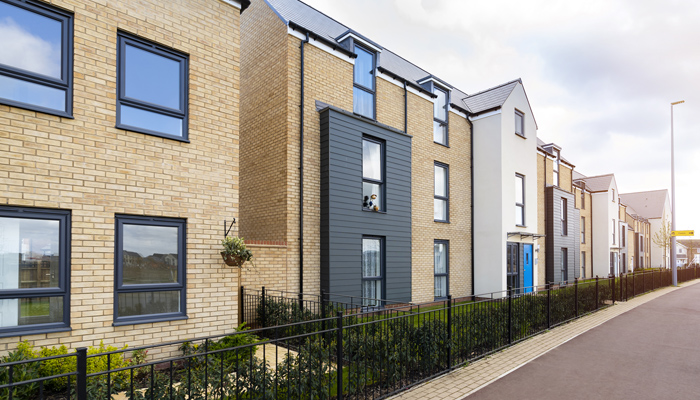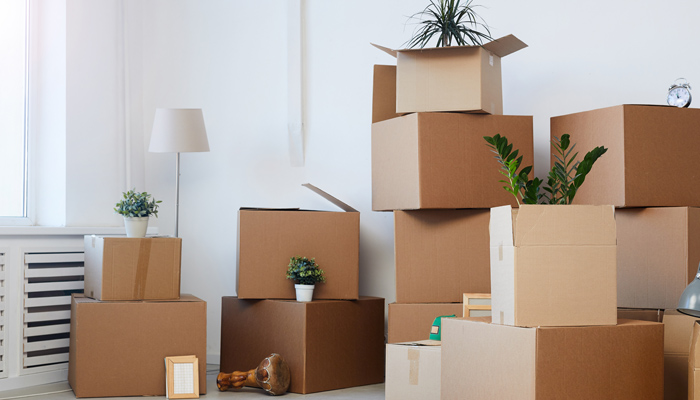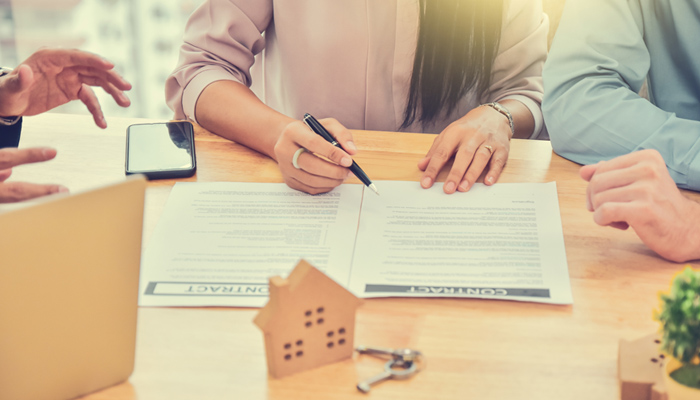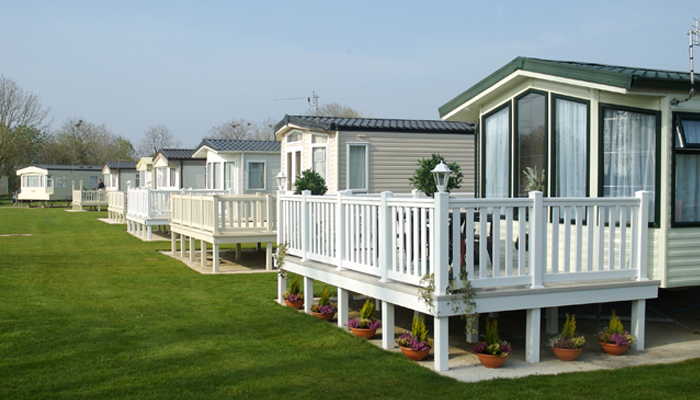The Difference between leasehold and freehold property
Understanding the difference between leasehold, freehold and shared freehold ownership is important when you considering buying a property or looking to insure your home or investment. Our simple guide weighs up Leasehold vs freehold and explains whether you need buildings insurance on a leasehold property.
There are three ways you can own a property:
- Freehold
- Leasehold
- Or with a share of a freehold
There are distinct differences between freehold and leasehold and how you sell, finance, insure and maintain a property depends on the ownership agreement you have. The following is a brief description of each.
What is 'Freehold Property'?
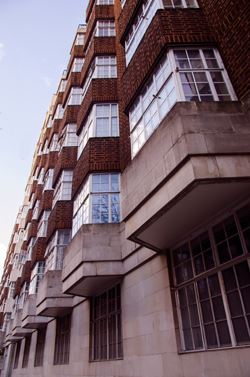
To own a property as a freehold simply means that the building and land is owned exclusively by you. This is the norm for most houses in the UK.
A property freehold owner is responsible for maintenance and management costs of the property. When initially buying a property the land and building survey can highlight any potential dangers but issues that appear or are found after sale are their responsibility.
Also as a freeholder you will not have to deal with a landlord (the freeholder of the land your building is on) or have any concerns about the time left on your lease in your leasehold agreement.
Don’t forget as the freeholder you are also ultimately responsible for your property in ways which might affect your local council or community such as overhanging trees, border disputes, noise pollution, general appearance etc.
What is 'Leasehold Property'?
Do I need buildings insurance for a leasehold property?
Buildings insurance will be managed via the landlord although the costs for the insurance may well come from the service charge. As the tenant you are entitled to see a full report on how your service money is spent including the landlords insurance.
A leasehold can be considered a long-term lease from the owner of the land. These situations are commonly found in Britain with blocks of apartments. The lease can be for as long as 999 year or as short as 40 years. Once elapsed, the lease must be extended at a price or the property is returned to the owner.
This means that when purchasing a leasehold property you must consider how long is left on the lease and how this may affect selling the property on when you’re ready.
If you own a property leasehold you don’t have any responsibility over the land. The landlord will take on the management of the building, communal spaces and gardens either directly or through a management agency.
While you may not be directly responsible the leaseholders usually collectively share the costs via a service charge.
What is a 'share of freehold property'?
If a group of leasehold tenants are more than 50% in favour, the group can buy the freehold of the land and building they lease. The co-op of buyers must then serve a ‘Section 13 Notice’ to the freeholder.
Buying the freehold from the owner will give you full collective ownership and together you will now take responsibility for the running, maintenance and building insurance.
View our Inflation Calculator article
Date: February 26, 2015
Category: Commercial Property





